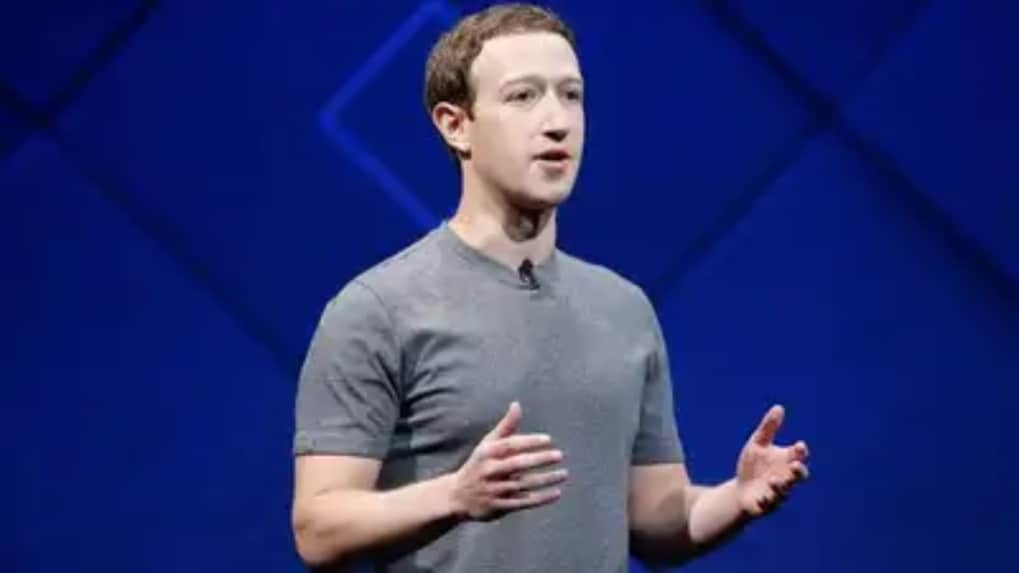Advertising
From Pink Slips to Silent Sidelining: Inside adland’s layoff and anxiety crisis

Meta CEO Mark Zuckerberg has said he is prepared to spend vast sums to ensure the company does not miss out on artificial intelligence, even if it means overspending.
Speaking on the Access podcast, Zuckerberg acknowledged that an AI bubble was “quite possible”, but insisted that moving too slowly posed a far greater risk.
He said that if 'we end up misspending a couple of hundred billion dollars', that will be very unfortunate. He added that the risk is higher on the other side. For Zuckerberg, the worst-case scenario is not wasted capital but being left behind if artificial superintelligence emerges sooner than expected.
Meta has already committed at least $600 billion through 2028 towards US data centres, infrastructure and talent. Chief Financial Officer Susan Li later clarified that this figure covers both AI buildouts and wider business operations. The spending highlights Zuckerberg’s conviction that “compute per researcher” is a decisive edge, with Meta investing heavily in GPUs and bespoke systems to outpace competitors.
The expansion comes as analysts warn of an AI bubble, likening current exuberance to the dot-com boom. Meta itself has scaled back in other areas, pausing aggressive hiring after offering hefty bonuses in the scramble for AI specialists. Wall Street has also cautioned that heavy reliance on stock-based pay could dilute shareholder value without immediate returns.
Zuckerberg contrasted Meta’s position with rivals such as OpenAI and Anthropic, which depend on external fundraising to cover enormous computing costs. A downturn, he argued, could threaten their stability, whereas Meta’s balance sheet provides resilience.
To prepare for a possible leap to superintelligence, Meta has created a small, elite lab with a flat structure and no strict deadlines, underscoring its research-driven approach. Despite concerns over runaway spending, Meta’s stock has risen nearly 40 per cent over the past year, reflecting investor confidence in its AI strategy.
From purpose-driven work and narrative-rich brand films to AI-enabled ideas and creator-led collaborations, the awards reflect the full spectrum of modern creativity.
Read MoreLooking ahead to the close of 2025 and into 2026, Sorrell sees technology platforms as the clear winners. He described them as “nation states in their own right”, with market capitalisations that exceed the GDPs of many countries.